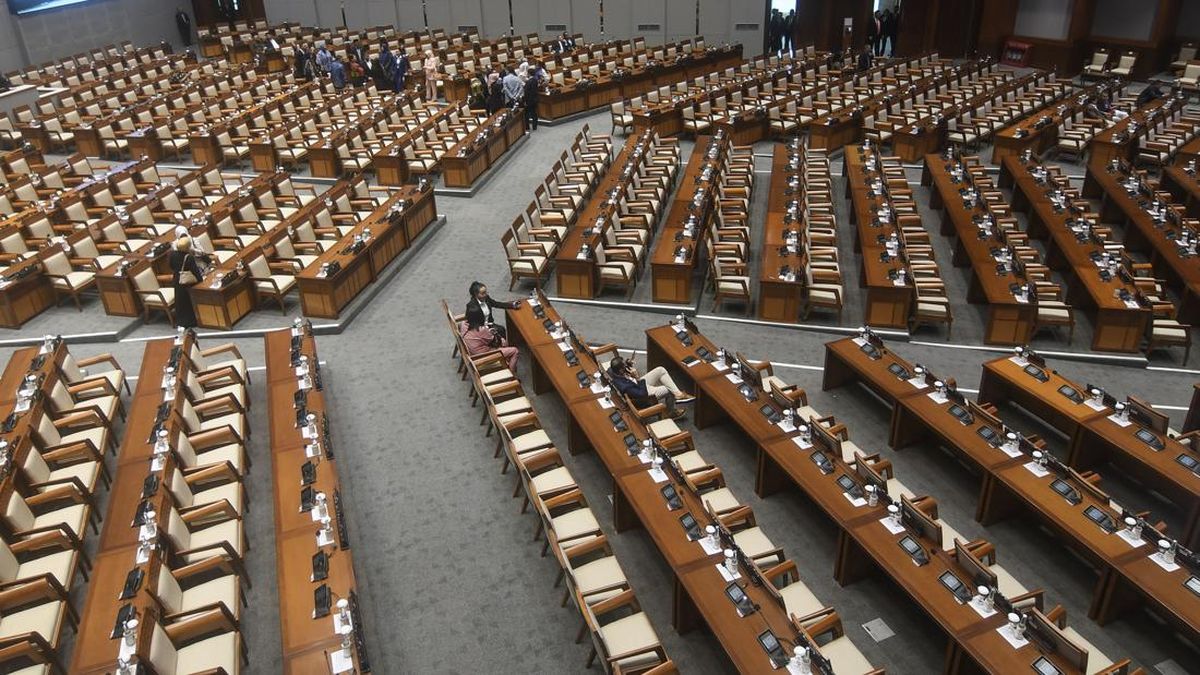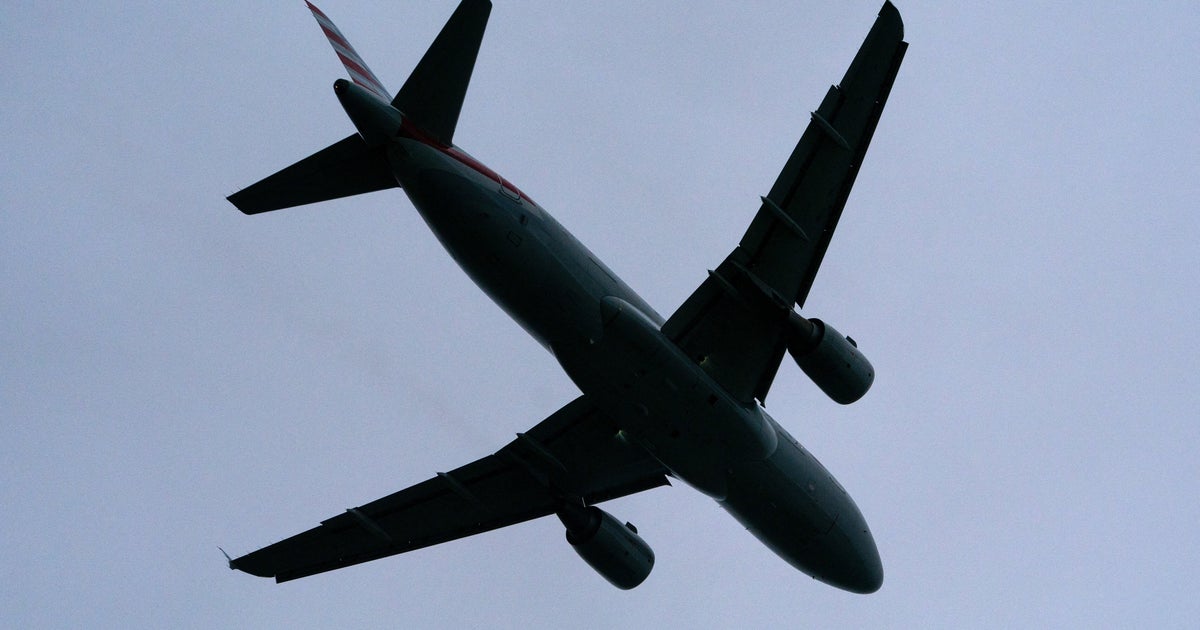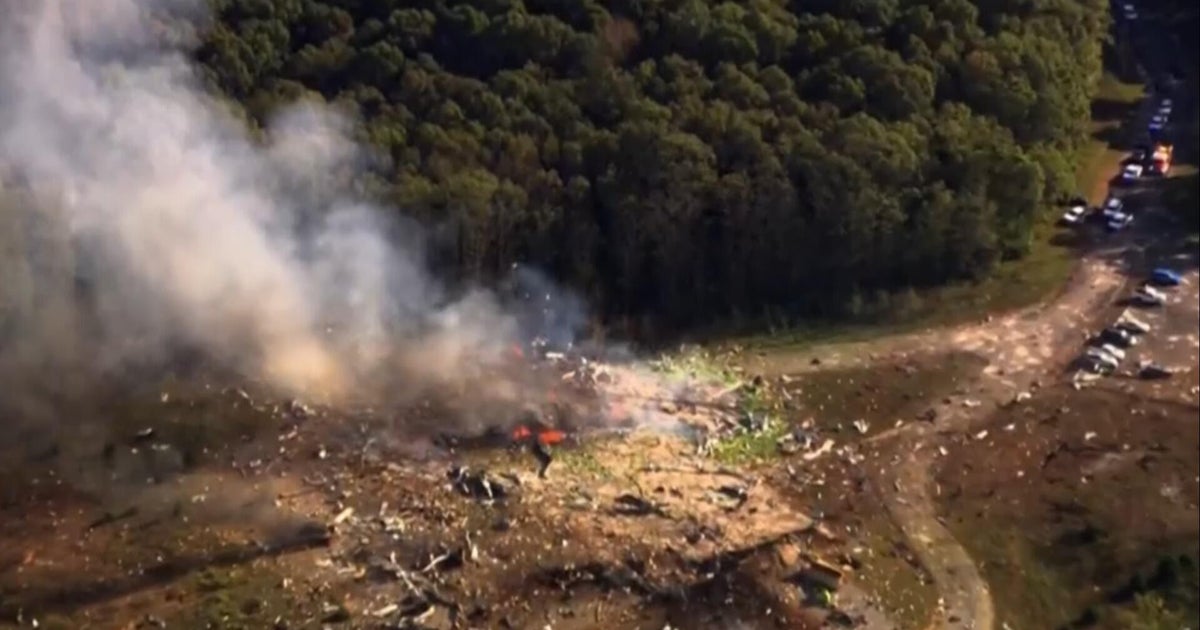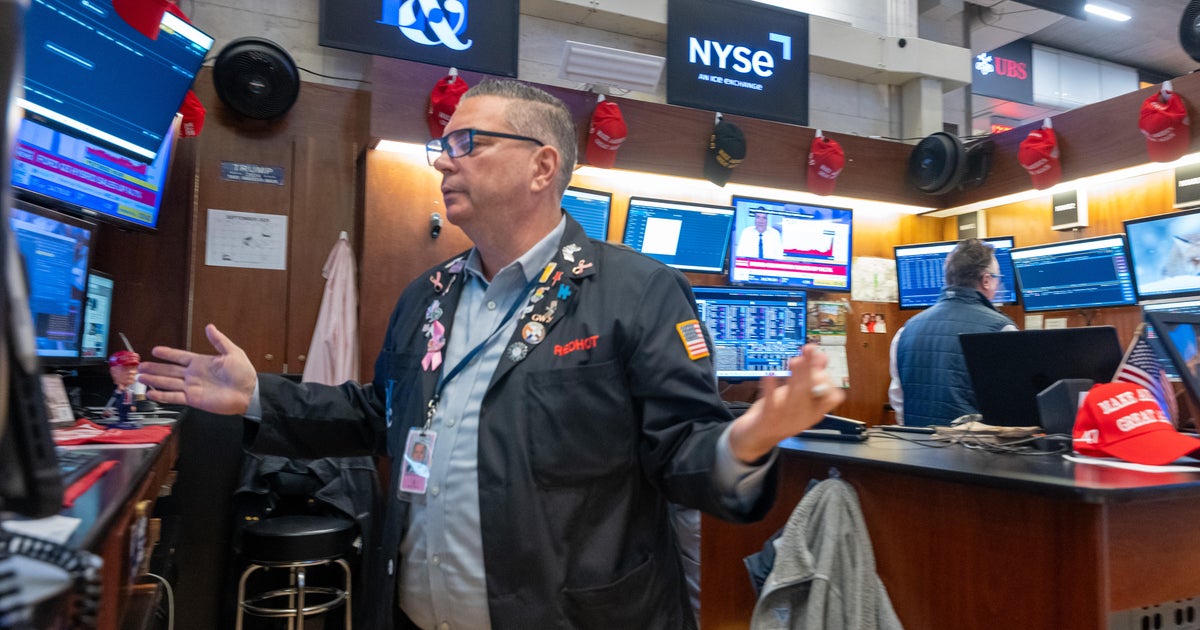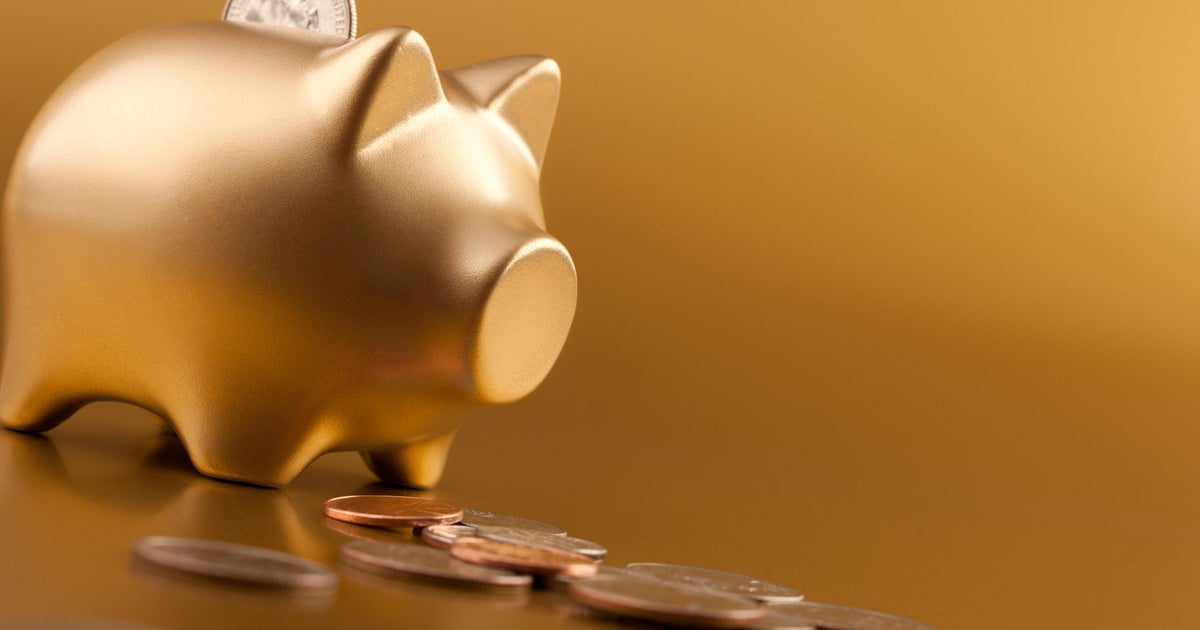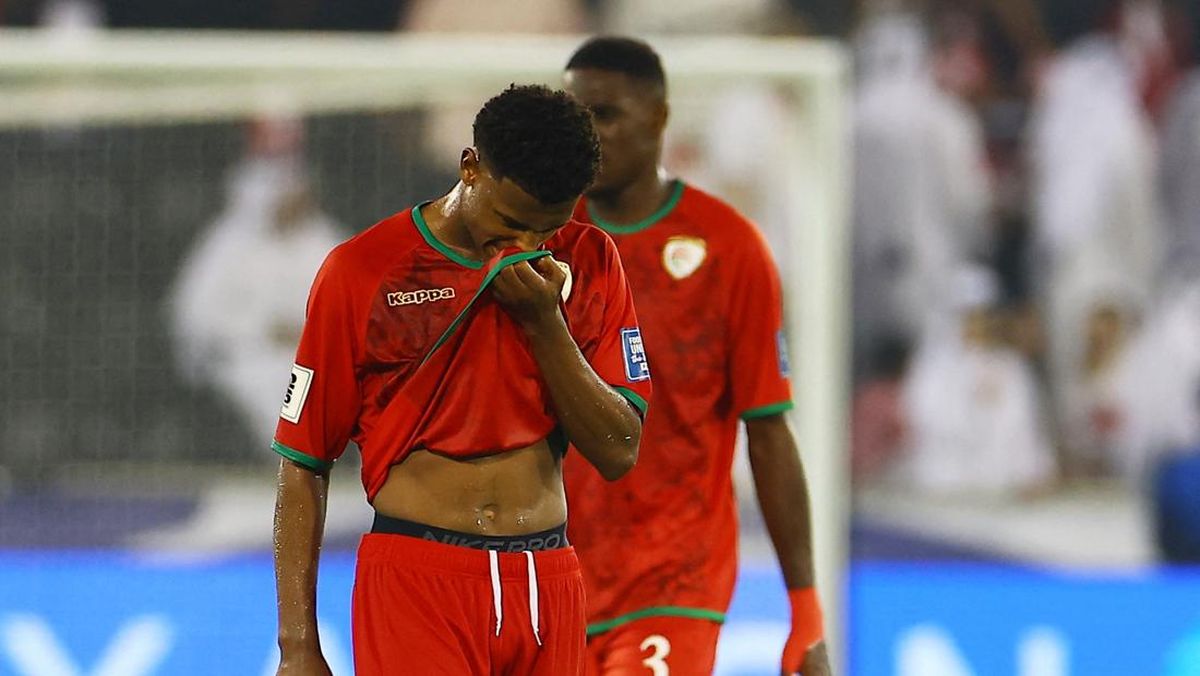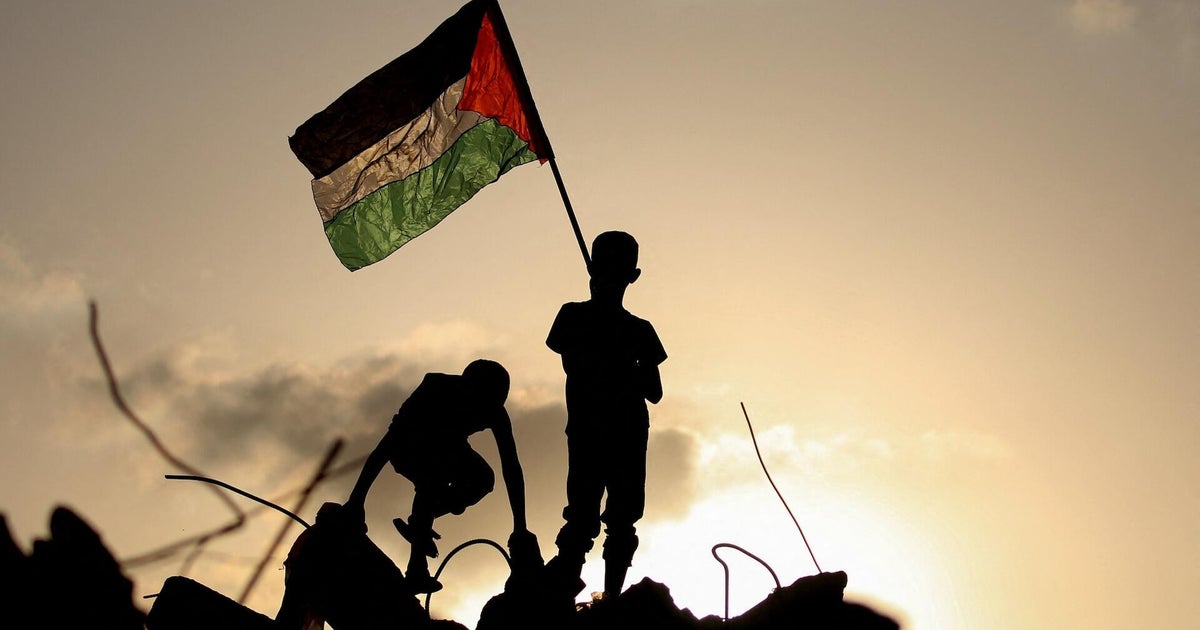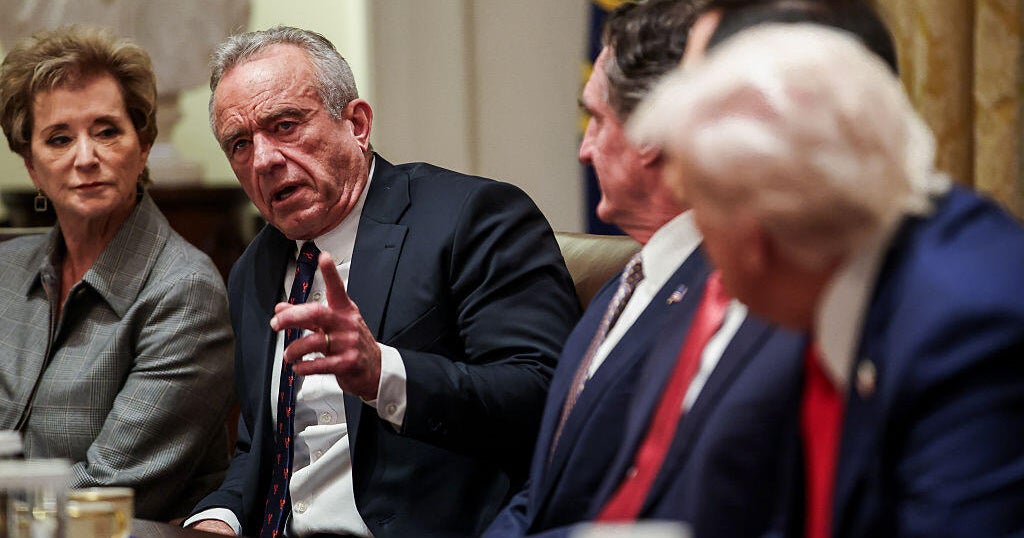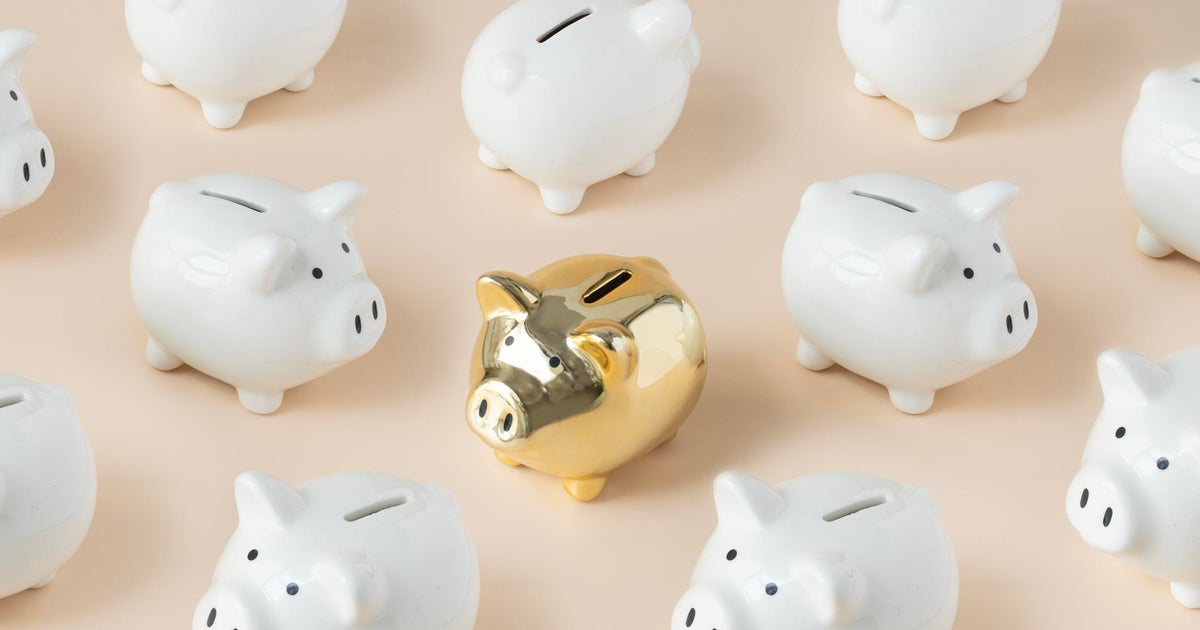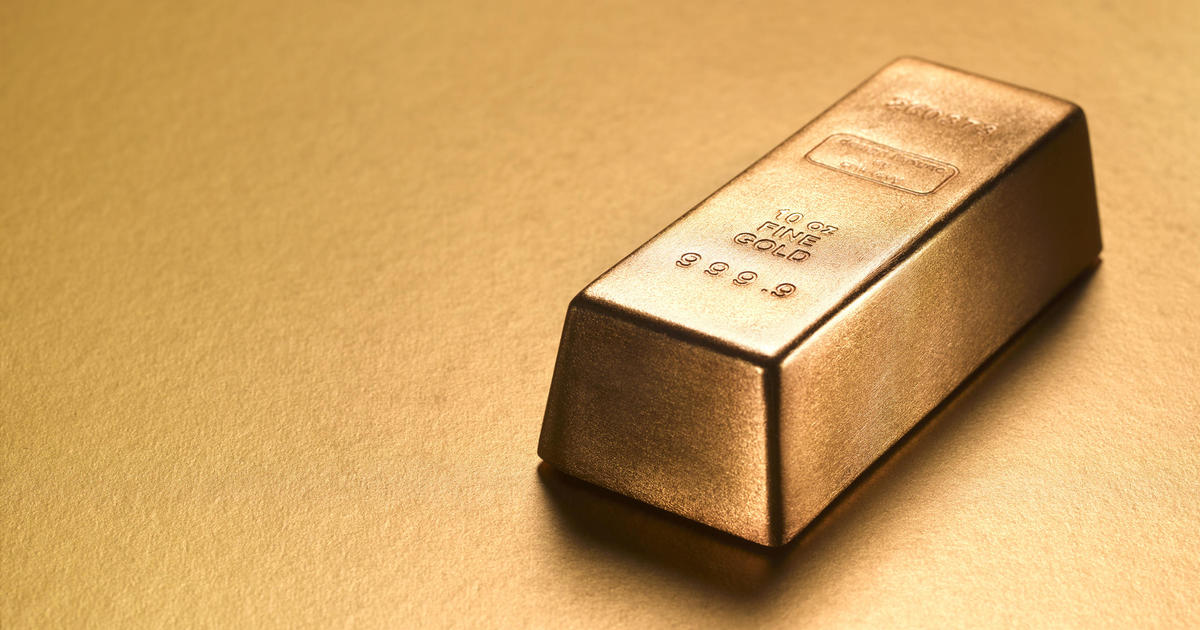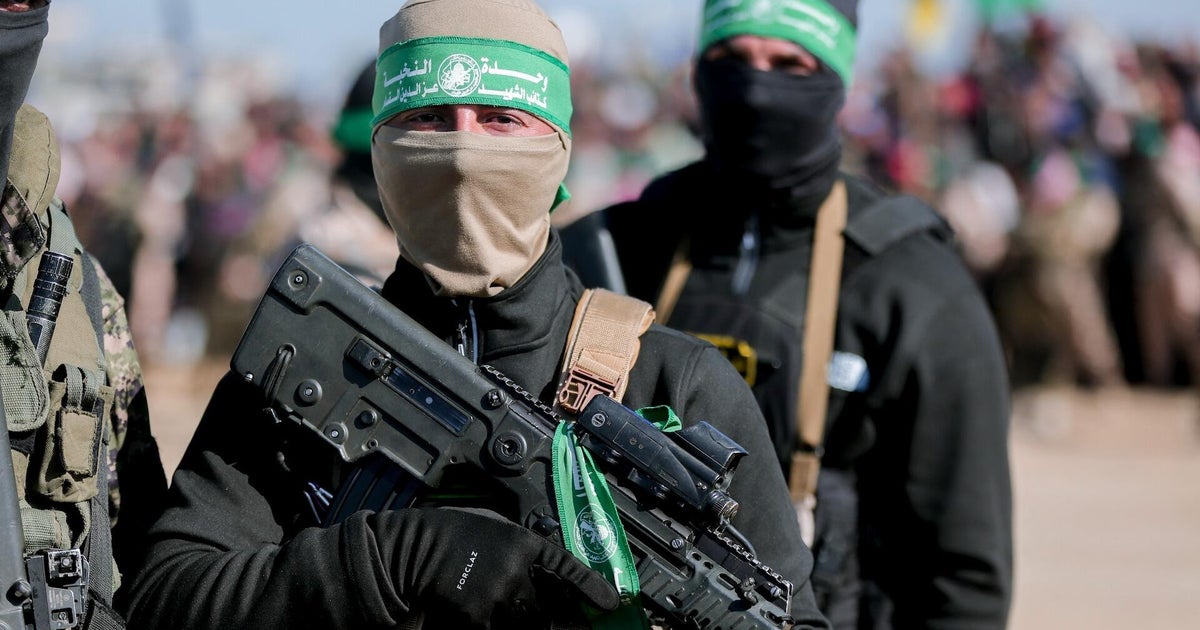Opinion
October 11, 2025 — 5.30am
October 11, 2025 — 5.30am
Does anyone have a pash any more? I realise people kiss, but what do they call it? “Snog”, I’ve always thought, was disgusting, “smooch” is too cutesy and “tonsil hockey” is, of course, beyond the pale.
Pash – on the other hand – is perfect. It’s a shortening of “passion”, a term freighted with romance and heightened feelings but given an accessible form. You might be apprehensive about a full bout of passion but you could get away with a pash.

Tobey Maguire and Kirsten Dunst in the famous upside-down pash scene in Spider-Man.Credit: Universal Sony Pictures
Dictionaries regularly publish lists of new words, the latest being the Cambridge Dictionary, which has listed 6212 new words, phrases and meanings, all of them added in the past 12 months.
Most of the words, it seems to me, are unlikely to prove useful. Such as “skibidi”, which, we’re told, is a Gen Alpha slang term referring to the Skibidi Toilet video series, in which an animated head spins in a toilet. It is used to mean “bad”. Or, sometimes, “good”. But it can also “be used with no real meaning as a joke”.
Call me old-fashioned but I’m unsure of the utility of a word that can mean something, or sometimes nothing, or sometimes the opposite of that first something. Then again, I call almost everything a “thingamajig”, so I guess I’ve lost the right to comment.
All the same, instead of publishing lists of useless new words, dictionaries might mount a campaign to recall terrific words from the recent past – words that have tragically fallen into disuse. It could be the first step in saving them, rather like whacking a heritage order on a collapsing old barn.
What we’re looking for is a broken-down elderly man who, linguistically speaking, is still living in the era of his adolescence.
What we need is someone who still remembers the 1970s and 1980s and, indeed, still uses the words of that time. What we’re looking for is a broken-down elderly man who, linguistically speaking, is still living in the era of his adolescence. Oh, yes, perfect – that’s me.
As this new organisation’s “head honcho” (that’s the way we used to speak in the 1970s) I’d be responsible for licensing words for renewed use.
“Pash” obviously needs to come back, alongside other terms associated with the world of romance. Good-looking people, these days, are described as “fit”, which sounds like they’re being rated according to the regularity of their gym attendance. It really doesn’t match the 1970s alternative “spunk rat” – a term that was gender-neutral, full of a sort of eager-to-please energy, and expressed the view that attractiveness could involve more than cardio-vascular fitness. If the “spunk rat” in question was particularly “spunky”, you could even anoint them with the term “hunk of spunk”.
Certainly “rack off” needs to return to the Australian lexicon, alongside its intensified version “rack off, hairy legs”. I’m uncertain why hair was considered such an insult, since the ’70s was a period known for its hairy legs, long beards and matted chests. The men were even worse. Yet it wasn’t only “rack off, hairy legs”, there was also “giving someone the hairy eyeball”, a term whose origin I still don’t understand. Maybe the Skibidi toilet isn’t so strange after all.
Some words don’t need to come back; they just need to be remembered, as a measure of the times. There was a whole language of corporal punishment in both schools and homes, for example, that came festooned with now half-forgotten terms. There were “six of the best”, “the cuts” and “birch” used as a verb rather than a noun.
I worry that a future generation might read stories from this time and be confused. Why did he have to “wait until father gets home”? What would occur then? A treat, perhaps? And why was the mother always running off to get her feather duster? Were the households of the time particularly dusty?
Smoking, of course, was an engine of phrase-making. “Give us a donkey root” was not as vulgar as it sounds. It referred to the practice of lighting one’s cigarette by placing it against the glowing tip of another person’s cigarette.
The cigarette itself was a “coffin stick”. There weren’t health warnings on the packet, so we had to contribute our own. There were also “fags”, “darts”, “durries” and “OPCs” – other people’s cigarettes, typically cadged by a “bludger”, or even a “dole bludger”. Or there was the moment in which two “rollies” were swapped for a “tailor”. The phrase “does anyone have the makings”, just for the record, was a request to borrow a pouch of tobacco and a packet of Tally-Ho papers. After you made the item, you could offer your benefactor a “drag”.
Loading
Does anyone below 50 know what any of this means, or is this a sort of tobacco-based Sanskrit? Will we need a Rosetta Stone to work it all out?
Another mystery of the time: why did so much of the slang begin with the letter “D”? There were durries and darts, daks and DBs (desert boots), drongos and dead-heads. And, of course, you couldn’t last three sentences without dropping a “dead-set.” Perhaps one of the dictionaries could work them all into a sentence: “I have a packet of darts in my daks and dead-set I’m going to have a drag.”
The language of the 1970s? Frankly, it’s pretty skibidi.
Most Viewed in Lifestyle
Loading

